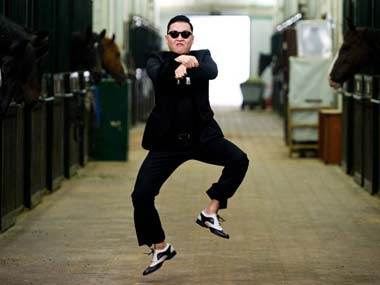

“And who on earth checks the bpm of the songs when you work out? I don’t understand what Covid-19 has to do with my choice of music.”Ī health official said the authorities had considered a broad range of opinions. “So you don’t get Covid-19 if you walk slower than 6km/h,” said Kim Yong-tae, a member of the main opposition People Power party. The new rules also ban showering at the gym, limit treadmill speeds to 6km/h (3.7mph) and restrict table tennis matches to two people per table.

South Korea imposed its highest level of distancing rules in Seoul and neighbouring regions from yesterday, as the country battles its worst Covid outbreak. Lee Bartel’s team found people who exercised with music were more active “all day long”. In 2015, a University of Toronto study also detected the double benefit, but added another. In 2020, researchers at the University of Verona found that, particularly with endurance exercises such as running, “the exercise seemed like less effort, but it was more beneficial in terms of enhancing physical fitness”. Various studies have found that listening to music while exercising will help you to both work harder and make it feel less difficult. But at 122bpm, Bob Marley’s Is This Love - that’s out. At exactly 120bpm, Irene Cara’s Flashdance … What a Feeling is a good option for law-abiding Koreans. A Flock of Seagulls’ I Ran (So Far Away) is thoroughly unsuitable at 148bpm. Nearly a million people worldwide subscribe to Spotify’s gym playlist You Can Do It, but none of its opening 10 tracks are under 120bpm, with High Contrast’s drum’n’bass hit Time Is Hardcore topping out at 169bpm.Īmong workout classics, Eye of the Tiger by Survivor clocks in at 108bpm – though it is perhaps best suited to strutting post-workout than actual cardio – while Kanye West’s Stronger is 106bpm. Of the current K-pop hits, BTS’s Permission to Dance is 127bpm and the girl group Loona’s PTT (Paint the Town) is 125bpm, but Taeyeon’s Weekend is acceptable at 114bpm, as is Alcohol-Free by Twice at 96bpm. Whang Myung-sug, a 62-year-old member of Kang’s gym, called the restrictions “bureaucratic, as if those who devised them had never worked out at a gym”. “Many people use their own earphones and wearable devices these days, and how do you control their playlists?” “Playing bright tracks is to cheer up our members and the overall mood, but my biggest question is whether playing classical music or songs by BTS has been proved to have any impact on spreading the virus,” Kang Hyun-ku, a gym owner, told Reuters. The rule has been ridiculed as “nonsense” by some opposition politicians, and gym owners see the rules as barely effective or unrealistic. Health officials said the measure was intended to prevent people breathing too fast or splashing sweat on others, and to avoid having to close businesses, as has happened during previous waves of infection. Music with more than 120 beats per minute (bpm) is forbidden during group exercises such as aerobics and spinning. But now tracks above a certain speed – including but not only the country’s massively popular K-pop – have been banned from gyms, with vibrant music being cited as potentially dangerous for exercise during the pandemic. We have been asked to sacrifice so much to tackle the coronavirus and most have been willing to do so, but there must be a limit and in South Korea they appear to have reached it.


 0 kommentar(er)
0 kommentar(er)
